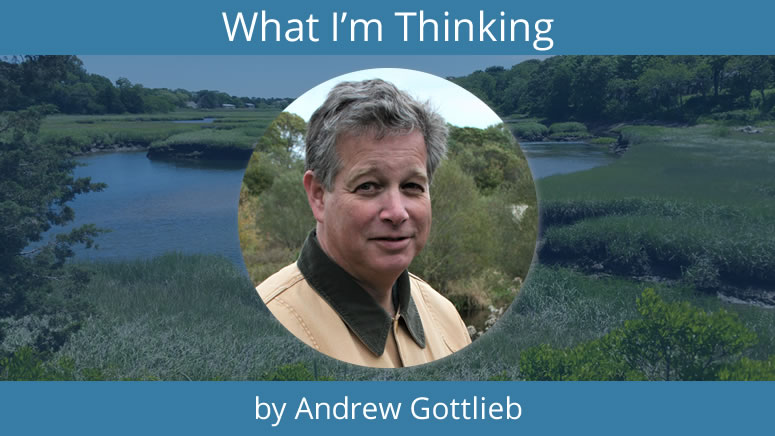As many of you know, I am fortunate enough to live on a pond in Mashpee. This place has become a central part of my life. The lake has given joy to me, my parents before me, to my now young adult children throughout their lives and is now a happy place for my nieces and nephews and their young kids as well. My dogs, past and current, also love the place. In all of this, we are typical of the thousands of families that call Cape Cod ponds home. And my family, whose access to the pond was limited this past summer by a cyanobacteria bloom, is just like the thousands of others whose summers were disrupted. We didn’t like it, don’t want it repeated, and want for a better and cleaner pond.
There is nothing new here. Anyone connected to a special spot who sees changes to the landscape wants things better, or at least back the way they were. But we often lack the ability, or perhaps the will, to reverse changes and things just slip away. It’s a sadly familiar story and it is disheartening. But today is not one of those days. I am seeing real evidence of actions being taken both individually and collectively that give rise to real hope. There is now an active and informed lake association, headed by concerned and capable abutters newly engaged in efforts to conserve the pond, that is focused on taking action. The town is poised, starting today at a meeting of its sewer commission, to modify, expand and accelerate its wastewater management plan to consciously manage the watershed of the town’s major ponds. Lastly, and the thing that makes me most heartened, is what I noticed yesterday on my daily ride around the lake. A homeowner with a manicured lawn on the edge of the bank leading down to the pond had removed a lot of that grass and replaced it with groundcover and other more site appropriate plantings.
While not enough by itself to restore the water quality of our pond, this homeowner’s action was evidence that what we are all striving for here can be done. It is evidence that, given information and a course of action that leads to an objective, people will respond and do their share. It is evidence that environmental education that provides people with information and tools to change their behavior rather than just shaming them is motivating and it works.
Restoration of our ponds, estuaries, and other natural systems is going to have to happen this way. One lawn at a time, one septic system at a time, and one town at a time. All of this is happening. Intellectually I knew it was, but seeing that one lawn removed made me feel the change. There is a lot left to be done, but it is clear we have moved past the talking about it stage and are now getting the work done. There will be obstacles, setbacks, and hurdles to overcome, but as I watch the light fill the sky over the pond this morning, I am allowing myself to feel better about where we may be headed.


